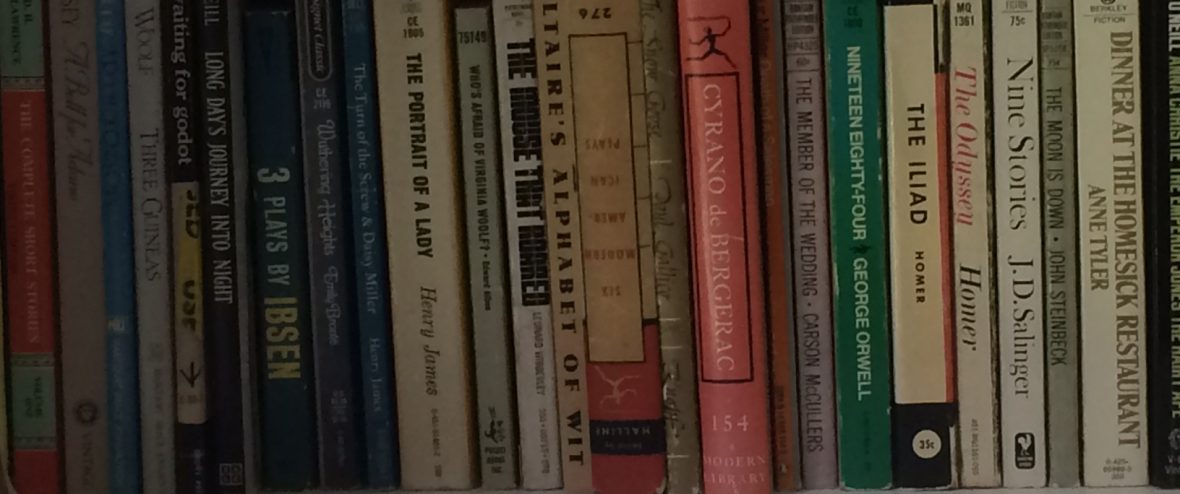Written as a novel, this is a semi-autobiographical tale of a family’s existence in Uganda in the 20th century. The racial, religious, gender and economic strife is all here. The story begins in a confusing way, setting the stage to meet the main character. At approximately 100 pages in I finally figured out when and who we were supposed to be focusing on. The historical information on the family, however, was needed to make the next 300 pages make sense.
Set in Uganda, we are introduced to the deep-rooted Catholic church’s influence, as well as the Muslim and Pagan traditions. These traditions tend to mix together, with some being incorporated into others. The influences of the outside cultures, Catholic and Muslim, is due to the evangelical history of Ethiopia (formerly Abyssinia) and the traders from the Middle East that came with the British. This becomes important when the reign of Idi Amin begins.
Having an understanding of the history of Uganda would have helped, but this was covered in the first 100 pages through how the family members were impacted. The politics were not the focus, but the impact on the family. Information on what was happening was not central to living lives in the villages at that time. Early in the 20th century the tsetse fly spread a “sleeping sickness” pandemic, killing approximately 300,000. 1962 brought independence from Britain, the first election bringing Dr Milton Obote to power. 1967 brought a new constitution, giving more power to the Prime Minister, Obote. In 1971 Idi Ami overthrew the government and began a reign of terror – killing anyone that did not agree with him. Then the war with Tanzania, which Amin lost, and Obote returned to run a country that was decimated economically and ecologically. A new “plague”, HIV/AIDS then swept the African country.
The story starts in the time of independence, with the beginning being like the sleeping sickness – slow but gotten through. The family is a macrocosm of the country. Serenity (the son of a clan elder that had no interest in leading) and Padlock (a woman that was too brutal with her charges as a nun that led her to be thrown out of the nunnery) were the first despots that we encounter. Padlock required complete obedience from her children, and was brutal in enforcing her rule, while Serenity allowed this to happen as long as he was not impacted. Mugezi, their eldest son, was never liked by Padlock and took the brunt of her hatred. He learned early on how to survive, instigate, and infuriate those in power. Padlock gets her way to send Mugezi to become a priest. Within the church walls, however, the next set of despots is found, with upperclassmen terrorizing the new students as the priests look the other way, or the controlling nature of the priest to have feasts of good food while the students watched and received mealy porridge.
Through all of these tests, Mugezi learns how to survive, profit and exact revenge. These skills are what will allow him to survive the ongoing tragedy he is living through. To the very end, Mugezi relies upon his understanding of human nature and his ability to leverage this while not being too greedy.
This story is not easy to read. Awash with violence, the value of human life is cheap. The outright bigotry, of whites against blacks, blacks against Indians, Catholic versus Muslim, is prominent – the white Priest calling the black ministry students monkeys, the glee of the blacks when the Indians were deported, the smugness of the Catholics that only sinners got the “slimming” sickness (AIDS) – are all in the open. The hatred for each of the “others” is breathtaking in strokes, and the root of the cause of so much destruction. I kept looking for hope at the end, but I am not sure I found it.
While this book was well written, you need to be able to handle the horrors that are brought forth. I read this book at a time when I am personally struggling with the ongoing exposure of the deep hatred that remains in the Unites States. The fact that this has never gone away, or truly lessened for those that believe and teach this hatred is overwhelmingly depressing for me. In a world that has become so connected, how does this hatred of others still exist? As with Uganda, the answers are tied in not only racial issues, but are complicated by economic, religious and gender constraints also. These are all entangled and cannot be separated. We need brave souls to stand together to work toward a total solution that is based in respect for human life and beliefs. In 2022 they say there is much to look forward to for Uganda. I hope that is true there, and everywhere else in this world.
